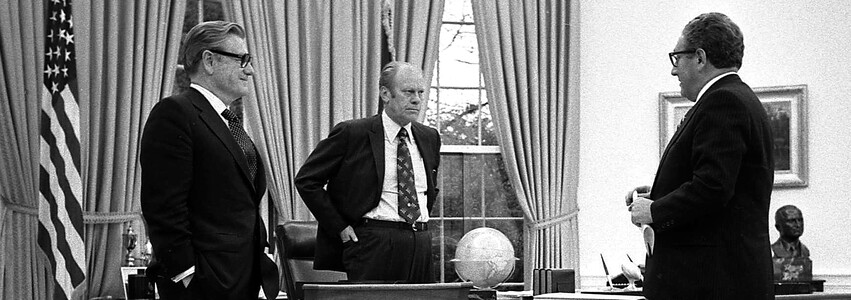The concept of a deep state shows a main tension between the open parts of democracy and the lasting parts of state power. While often discussed in news today as a new thing, the existence of hidden power networks in the state has a long history. This group of influence is often defined by a permanent group of workers that acts with a high level of freedom from leaders. Understanding how this system works requires a split between the real admin state and the hidden paths that Peter Dale Scott called deep politics. The growth of these groups shows a steady move toward a model of rule defined by experts and group habits.
Peter Dale Scott built the framework for understanding deep politics. He described it as the set of political habits that are hidden in public talk. Unlike the open admin state, which has experts who follow rules through clear steps, deep politics involves hidden groups of agents and private interests. This system acts as a shadow rule where long-term policy goals are kept regardless of who is in the main office. The main goal of these groups is to ensure that core national interests stay the same, even if it hurts public control. This creates a two-state reality where the official government acts as the face for a more stable and less visible group of leaders.
The Anatolian model provided a distinct historical example of a deep state through the events surrounding the 1996 Susurluk scandal in Turkey. A singular vehicle collision exposed a hidden coalition between senior police officials, intelligence operatives, and ultra-nationalist paramilitary groups. This incident revealed that a para-political network had been executing extra-legal operations to maintain state security and domestic order. The Turkish term derin devlet originally described this alliance of anti-democratic officials who functioned as the true guardians of the secular state. This case study demonstrates how national insecurity can foster the growth of opaque structures that operate outside the boundaries of the traditional legal system while claiming to serve the ultimate survival of the nation.
In the United States, the foundations of the modern administrative state were established through the Pendleton Act of 1883, which sought to eliminate political patronage in favour of a merit-based civil service. However, the subsequent century saw a massive expansion of this bureaucracy into a permanent policy-steering mechanism. The National Security Act of 1947 served as a vital turning point, creating the National Security Council and a centralised intelligence community. This legislation institutionalised the interagency process, a complex system of committees where senior bureaucrats from diverse departments coordinate and define the national security strategy. Over time, this apparatus has developed its own internal logic and institutional momentum, often resisting external attempts at reform or redirection.
The rise of the interagency process has created a professional class of experts who maintain the primary levers of policy implementation. This system involves a series of working groups and committees that filter the information reaching the executive branch. By controlling the options presented to elected leaders, the permanent bureaucracy can exert significant influence over the direction of national policy. This power dynamic is further complicated by the technical nature of modern governance, where specialised knowledge is required to navigate complex global systems. The result is a shift in sovereignty toward the administrative experts who manage the daily operations of the state, creating a permanent layer of governance that is largely insulated from the political cycle.
Ultimately, the challenge for modern republics lies in maintaining effective oversight of these vast and opaque institutional networks. The transition from a merit-based bureaucracy to an autonomous power centre represents a significant risk to the integrity of democratic governance. While the experts within the interagency process provide essential stability and continuity, their lack of public accountability can lead to a disconnection between the state and the citizenry. Strengthening the mechanisms of transparency and reasserting the authority of elected representatives are necessary steps for rebalancing this power dynamic. A robust and clear administrative system must remain a tool for the public good, serving the long-term health of the republic by remaining subject to the rule of law.

